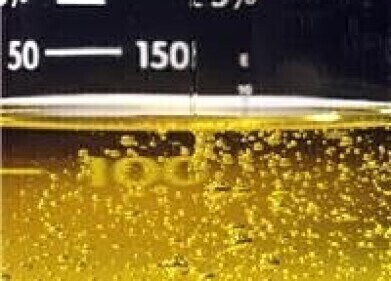Solid Phase Extraction (SPE)
HPTLC Leading The Way In Food Safety
Feb 02 2010
CBS 103, the latest edition of CAMAG’s Bibliography Service, is available now from CAMAG’s UK distributor, Omicron Research Limited. The lead article focuses on HPTLC as a fast and reliable method of detecting
harmful, illegal dyes used in spice powders and mixes. Also featured is the pioneering work being carried out determining unknown plant extracts using planar chromatography.
The use of some carcinogenic azo dyes, such as Sudan I, in spices to enhance their red and orange colouring is illegal. Since 2007, the State Laboratory in Zurich has been using HPTLC as a valuable tool in
identifying these harmful dyes in such spices as chilli, paprika and curry powder. HPTLC is particularly suited to this type of analysis due to its rapid and matrix-robust screening of many samples in parallel, making
it reliable and cost-effective.
The advantages of HPTLC can also be applied to the screening of unknown plant extracts, a technique commonly used in cosmetic applications for identifying potential candidates for development of new cosmetic relevant compounds. High sample throughput results in short analysis times and low costs whilst the variety of derivatization reactions makes planar chromatography a powerful tool in this competitive field.
Copies of CBS 103 are available, free of charge from Omicron on info@omicron-uk.com or 01672 541425.
Digital Edition
Chromatography Today - Buyers' Guide 2022
October 2023
In This Edition Modern & Practical Applications - Accelerating ADC Development with Mass Spectrometry - Implementing High-Resolution Ion Mobility into Peptide Mapping Workflows Chromatogr...
View all digital editions
Events
ACS National Meeting - Fall 2024
Aug 18 2024 Denver, CO, USA
Sep 04 2024 Chiba, Tokyo, Japan
Sep 04 2024 University of Warwick, Coventry, UK
Sep 10 2024 Rockville, MD, USA
Plastics Recycling World Expo Europe
Sep 11 2024 Brussels, Belgium














